Abstract: Environmental change and disaster. The evolution and fate of the human race. Understanding the Other (gender, race, sexuality, class, belief, the alien). The ethics of technoscience. The possibility of space and/or time travel. Issues of extra-Terran colonization and colonialism. Future world wars. Dystopias and utopias. What/where is reality? What if X had happened, instead of Y? In many of its questions and critiques the genre of science fiction (SF) is, per force, global. Depending how you define SF and proto-SF, one can find beginning points with H.G. Wells, Jules Verne, Mary Shelley, and even Dante and Lucian. As a designated literary genre, however, SF began in the US in the 1920s; and it was the US, followed quickly by England, and predominantly by white men in both countries, whose perspective quickly came to dominate the field. Elsewhere in the world, genre SF (literature, film, etc.) evolved at various moments from the mid-twentieth century on, at times in imitation of Anglophone SF, at times in conversation with it, and at times with a concerted effort to build a narrative set in and reflective of an author’s culture. Dr. Saiber's talk will address this tension between the apparently “global” nature of SF and the inevitably “local” characteristics implicit within its production. She will give an overview of the current state of “World Science Fiction” and then focus on one country’s production—a country few would ever associate with SF, and yet one with a significant output since the 1950s, and with notable local peculiarities: Italy."
Bio: Arielle Saber is Associate Professor of Italian, Bowdoin College (Ph.D., Italian Literature, Yale, 1999). She has published articles on medieval and early modern Italian literature; early modern mathematics, print history, and advice manuals; literature & science studies; genre theory and experimental electronic music; and Dante in contemporary culture. Her book Giordano Bruno and the Geometry of Language came out in 2005 (Aldershot, U.K.: Ashgate Press), and her co-edited anthology Images of Quattrocento Florence: Writings on Literature, History and Art in 2000 (New Haven: Yale University Press, 2000). She has also co-edited special issues of Configurations (“Mathematics and the Imagination”), Dante Studies, and California Italian Studies.